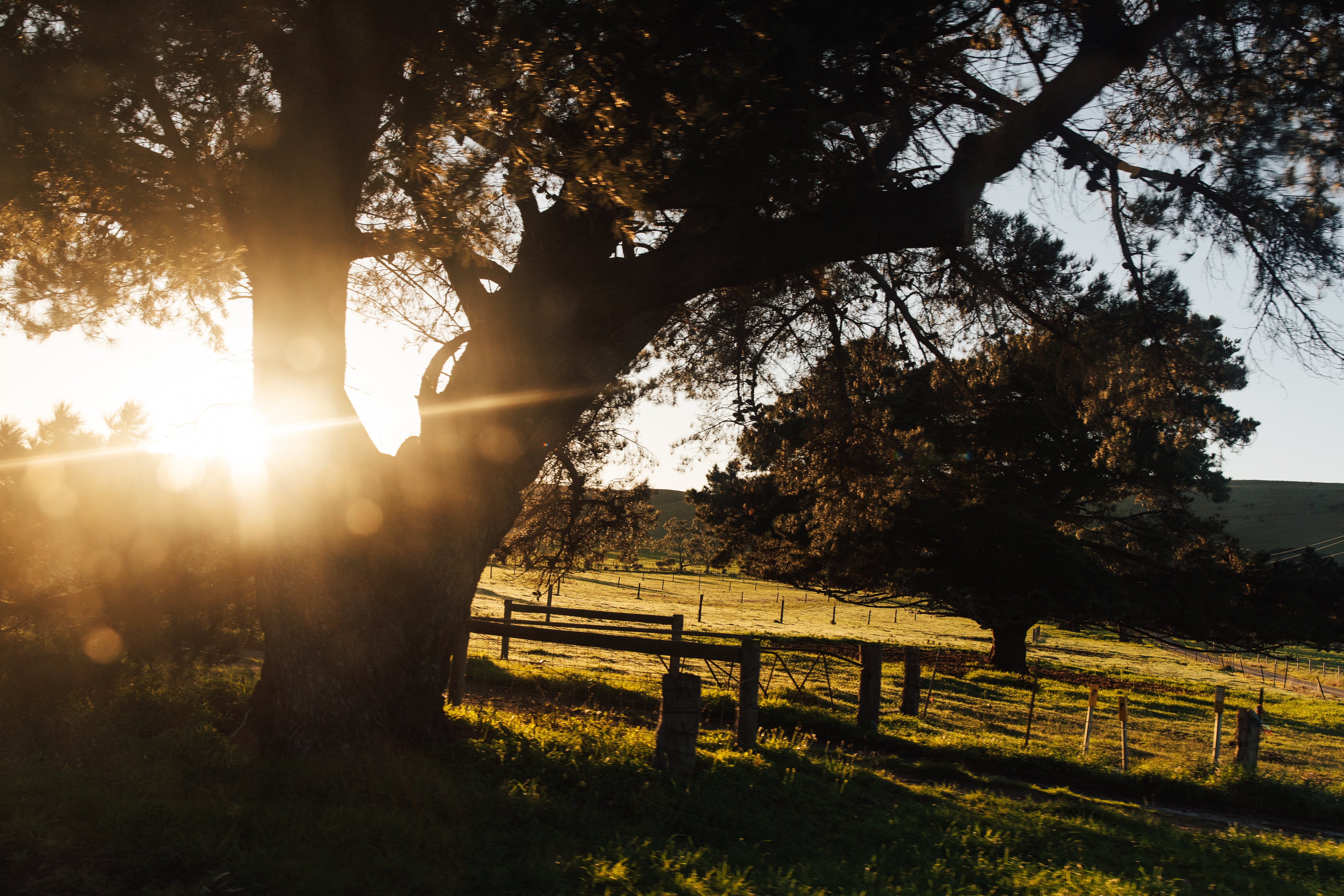
No time to dither in reassessing loan criteria
When it comes to support programs for drought-affected farmers, bank lenders in the South East work on different principles to the comparatively risky farming environments in Queensland and northern New South Wales.
No doubt many farmers in Qld and NSW are going through a torrid time, but we must realise that because the South East has a ‘reliable winter’ and most of the time ‘solid spring’ rains, this gives lenders the confidence to increase the debt-to-equity ratio to a point where a greater majority of farm businesses in our region are simply not eligible for government assistance.
A local farm’s core business model might still be very profitable and all the farmer needs is a slight hand-up so to help pay for supplementary feeding of core breeding numbers, which will help them stay afloat long-term and capitalise on a return to better seasons.
On the flip side, if forced to sell prime breeders during the current destocking panic and suppressed prices to generate cash flow, a farmer is faced with potentially having to buy replacements the when the season improves at grossly inflated prices.
As a state, we can’t afford to lose that breeding capacity. Many of our overseas markets are on the other side of what we are encountering and are prepared to continue paying inflated prices for what little stock we can export.
The State Government needs to negotiate with their Commonwealth counterparts to alter the drought concessional loan objective criteria because plainly the current national approach essentially disqualifies anyone in the SE who might be in need of assistance. There’s no time to dither – especially given this deadlock has been dragging on for more than 12 months – and the opportunity to respond to guaranteed favourable market conditions next season will be diminished.
In the meantime, for producers who need assistance, Rural Business Support is continuing to work closely with farmers experiencing financial difficulty, developing options to help farmers manage difficult times. Through analysing farm financials, enterprises and loan facilities, RBS assists in putting plans in place for a positive outcome and fresh start to the 2016 production year.
RBS is finding that assisting farmers in understanding additional support services, such as the ‘Farm Household Allowance’ which has been made available by the Department of Human Services, is proving instrumental in providing an income stream during current difficult times. It runs for three years which will be essential during the drought recovery period.
- Details: Livestock SA, 08 8297 2299, Rural Business Support, 1800 836 211
